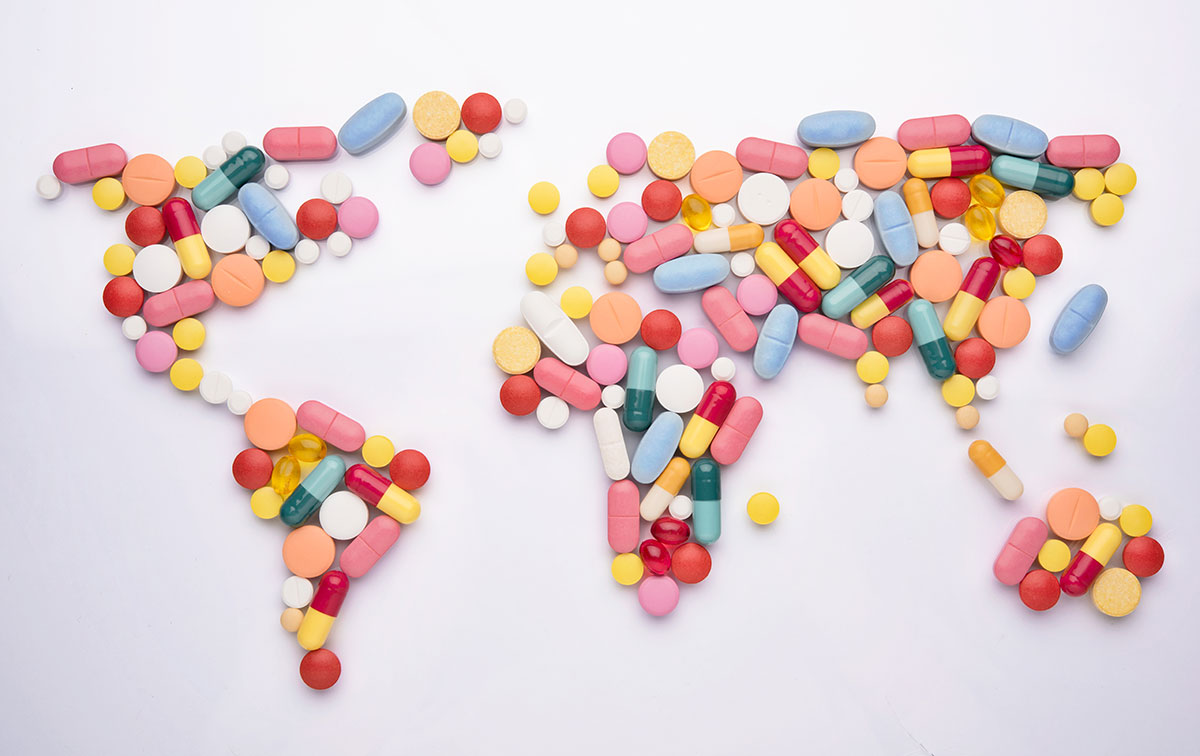
The Medicines Patent Pool (MPP) has played a key role in the access to medicines movement by promoting and providing access to medicines in the low and middle income countries. Its recent expansion should be applauded and supported as it continues its valuable work in assuring access to medicines for those who are excluded from the present system. Born out of the need to frame an effective response to a changed intellectual property environment and the crisis with respect to access to medicines in developing countries, the MPP was established in 2010 with the support of Unitaid. It is a public health organization whose mandate is to increase access to medicines and facilitate the development of life-saving medicines for low and middle-income countries. It is a voluntary licensing and patent pooling mechanism in the public health space. The main aim of MPP has been to negotiate licenses with patent holders of antiretroviral drugs. To date it has been successful in signing agreements with ten patent holders for 13 HIV antiretrovirals. In furtherance of this, the WHO recommended the expansion of MPP’s mandate to include all the patented essential medicines. The MPP has been recognized as “the central independent driver of access-oriented licensing in the pharmaceutical industry”. Today, 131 countries have benefitted from access to MPP-licensed products.
Exclusive patent rights allow monopoly rights over the production of drugs which in turn leads to higher prices. Big pharmaceutical companies usually do not allow production of generic drugs in the developing world since they do not contribute to their profits. While they ignore markets in the low and middle-income countries, the end result is that there is almost no access to medicines in these countries. Not only does the exploitation of patents cater primarily to the needs of the rich part of the world, but the grant of such rights also does not incentivize domestic production since these countries lack technology, research and capital to do so. Weak regulatory regimes, poor distribution systems and poor health systems further contribute to this problem
Nearly 2 billion people have no access to basic medicines. The mechanism of MPP is advantageous for patent holders since they are usually rewarded with royalties as the medicines usually bring in high demand. Treatments for adults attract a royalty of 3-5%, although some can be royalty-free. In the realm of pediatrics, the agreements are usually royalty free since “it’s about corporate social responsibility and public health” according to Greg Perry, former Executive Director of MPP. Voluntary licenses allow big pharma companies to team up with generic companies around the world to bring essential medicines to the poorest patients at transparent and access-friendly terms. By entering into licensing agreements with MPP, companies grant MPP a non-exclusive and non-transferable license and the right to sublicense their patents to promote access to medicines. For instance, Ukraine has benefitted from MPP in bringing access to quality affordable treatments. It was able to triple the number of people living with HIV who have access to antiretroviral treatment.
While the MPP initially only provided medicine for people living with HIV, hepatitis C and tuberculosis in low and middle-income countries, its five year strategy aims at increasing access to medicines listed in the WHO model of essential medicines and help millions of people in need of such treatments for other diseases. This includes essential medicines for cancer, diabetes and cardiovascular diseases. Access to medicines is crucial for achieving universal health coverage. This is usually obstructed by factors such as high prices, unavailability of research and development, etc. Almost 10 million people die every year because of lack of access to essential medicines and vaccines. The WTO has recognized this to be a ‘humanitarian crisis’.
By 2025, more than 95% of people living with HIV on treatment are expected to be on regiments whose price is impacted by MPP which is an increase from 75% as per 2013. Further, the cost-benefit ratio is expected to be 1:43 which means that the total direct savings calculated by the end of 2028 will be 43 times the funds used in executing the initial operation of MPP. These statistics prove that MPP not only provides large-scale cost saving mechanisms for treatment in low and middle-income countries but also results in 36 million cumulative patients-years getting lower cost treatment. MPP has been successful in bringing down the prices of its HIV drugs, which were the focus of its initial efforts. It has further encouraged the development of desperately needed new formulations, such as pediatric medicines.
The World Health Assembly passed a resolution, the “Roadmap for Access 2019-2023”. The roadmap is meant to assist the MPP to include patented medicines that are either on the WHO’s essential medicines list or treatment guidelines by identification of potential products for licensing. This increases the focus on voluntary licensing to increase access to medicines as compared to using compulsory licensing which may act as a disincentive for the patent owners. With the emergence of the MPP, companies are increasingly willing to engage with it. GSK, for instance, has publicly committed to license its oncology portfolio to the MPP. The Pool has stimulated competition by saving generics companies the uncertainty of having to negotiate with several patent holders for the right to produce a particular medicine, thereby, making it easier for them to enter the market.
Unlike some bilateral agreements, the MPP licenses are non-exclusive and pro-competitive. Further, these licenses include provisions that allow generic companies to sell outside of their agreed territory if they are not infringing a patent. Proponents of MPP have argued that this IP management strategy would help diversify supply sources and expand the global generic market size, thereby, leading to a reduction in anti-retroviral (ARV) prices as well as promoting development of more new ARVs. It would create more legal and freedom-to-operate certainty for future generic manufacture in the post-2005 TRIPS era, particularly in the case of fixed-dose combinations (FDCs), where more than one license is needed.
Lack of access to essential medicines is patently unjust because it is preventable. Especially today, when COVID-19 has become a global pandemic, the need for access to medicines is greater than ever. While large economies in the world are doing their level best to develop a vaccine, the question of patent ownership is bound to arise. WHO plays an important role in fostering an environment of international cooperation and enforcing access to medicines on a global scale, by pressuring powerful and wealthier states to collaborate with poorer countries. MPP recognized early in the present pandemic that equitable access to medicines and treatments would be essential in the fight against global threat of COVID-19. It temporarily expanded its mandate in March 2020 to include coverage of “any health technology that could contribute to the global response to COVID-19.”
Seeing this as a prime example, it is clear that MPP has the potential to improve access to medicines for millions of people who are suffering not only from HIV but also other diseases. Being only 10 years old, MPP has been successful in saving a number of lives that wouldn’t have been possible without the affordable medicines that it has been able to deliver to low and middle-income countries. It has catered to the needs of the people by giving them a chance at life and has acted as one of the most effective methods of promoting access to medicines. Its role should continue to be expanded as the need arises.



